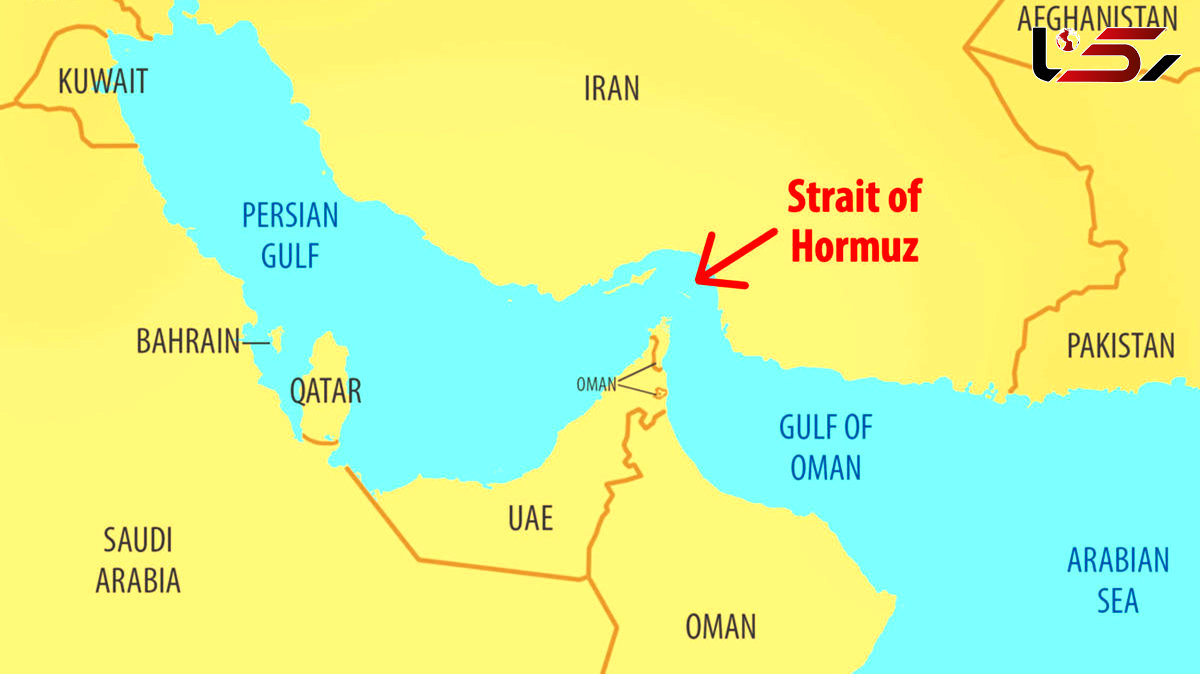Senior Iranian Lawmaker Warns:
Iran Will Close Strait of Hormuz if Oil Exports Are Blocked
Rokna Economic Desk: A senior member of Iran’s Parliament’s National Security and Foreign Policy Committee has issued a stark warning, saying that if Iran is prevented from selling its oil, Tehran will block passage through the Strait of Hormuz.

In an interview with Rokna News Agency, Yaghoub Reza-Zadeh, a member of the National Security and Foreign Policy Committee and representative of Salmas, underscored Iran’s strategic position in the Persian Gulf, stressing:
“Iran is one of the world’s major oil exporters. If our oil exports are obstructed, we will respond accordingly. If we are deprived, others will also be deprived.”
Reza-Zadeh emphasized that “the Persian Gulf and the Strait of Hormuz belong to us,” warning that Iran will not allow vessels to pass through the vital waterway if its rights are violated — a move that, he said, would gravely harm Western interests.
Turning to the recent activation of the “snapback” mechanism at the UN Security Council, Reza-Zadeh expressed regret that despite Iran’s extensive diplomatic efforts in Russia and Istanbul, three European countries advanced the proposal, which was adopted with a majority vote.
He noted that the snapback mechanism — a tool allowing the reimposition of UN sanctions — has long been wielded by European powers as a means of pressure:
“For 45 years, Iran has endured sanctions on oil, medicine, and food. The snapback mechanism is nothing new for us.”
Reza-Zadeh reaffirmed Iran’s unwavering defense posture, stating:
“They know well that our nuclear, missile, and defense capabilities are not open for negotiation or discussion. Our President has made it clear — our adversaries seek a weak Iran, not a strong and powerful one.”
Concluding his remarks, the lawmaker expressed confidence that Iran will overcome renewed international pressure through regional partnerships:
“Through cooperation with neighboring countries, members of the Shanghai Cooperation Organization, and Islamic nations, this mechanism will ultimately fail.”
Send Comments